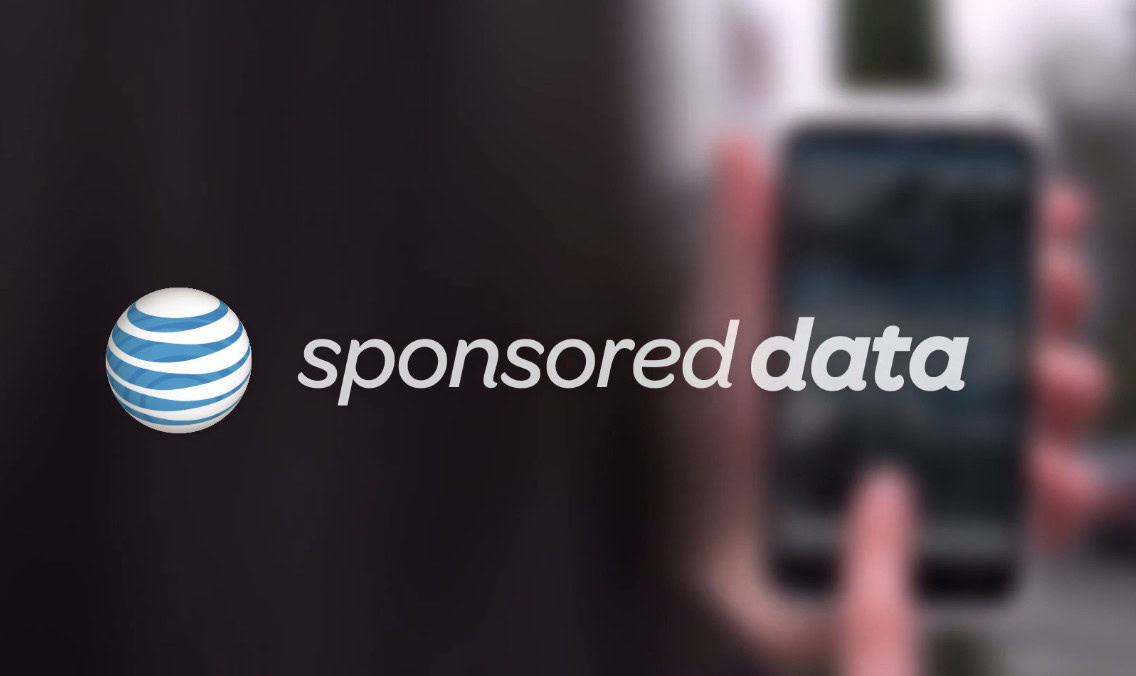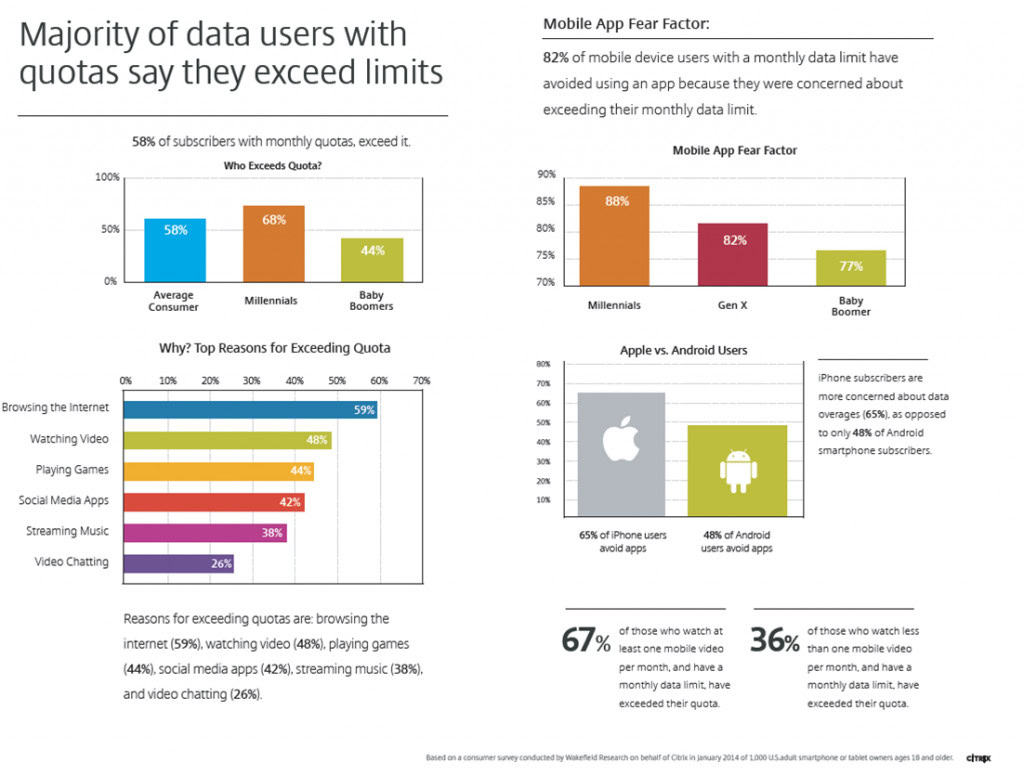Affiliate links on Android Authority may earn us a commission. Learn more.
Verizon asks the FCC to allow for "sponsored data" plans

During 2014, AT&T announced their plans to bring forward their “Sponsored Data” program which allows for companies to have consumers use their product without counting such data usage against that consumer’s monthly data cap. This program requires the companies to reach an agreement with AT&T. So far, it has failed miserably.
When AT&T first announced this program, they claimed that they had a number of big companies that would come on board. That never happened. Instead, AT&T has seen minimal interest from big-named partners and instead has come to agreements with startup companies. The message has so far been loud and clear: Companies don’t want to pay AT&T an additional fee to bypass completely arbitrary usage limits.
In fact, some see AT&T as trying to claw and force their way into some areas so that it can seem as if their sponsored data program is taking off. For example, AT&T has tried to push their program onto automobile makers and have so far been unsuccessful.
“We’re not done exploring all the different options. You heard us announce Sponsored Data earlier this year. I think that can play inside the vehicle.I think there are lot of different billing models that we’re going to explore,” he said. “We’re going to see what’s working.” – Chris Penrose, senior vice president of AT&T’s Emerging Devices division, FierceWireless
Now, Verizon is telling the Federal Communications Commission (FCC) that “sponsored data” features should be presumed reasonable given the “potential consumer benefits.” Of course, Verizon will never want to make any written guarantees about such benefits as they likely will never remotely occur.
In their latest filing to the FCC, Verizon also mentions that they met with FCC officials last week to discuss the topic of net neutrality. Verizon, which opposes reclassification yet uses reclassification for their financial benefit, say in the FCC filing that they, like Comcast, agree with the FCC on laws prohibiting paid fast lanes, except when the broadband providers can make additional money with such fast lanes. The latest proposal by the FCC reportedly allowed broadband providers to agree to “commercially reasonable deals with content providers.”

Essentially, Verizon wants the ability to force companies into paying for fast lanes. To think that any broadband provider would say to themselves, “That just isn’t reasonable” is laughable. Consumers and non-major corporations will suffer tremendously with such plans.